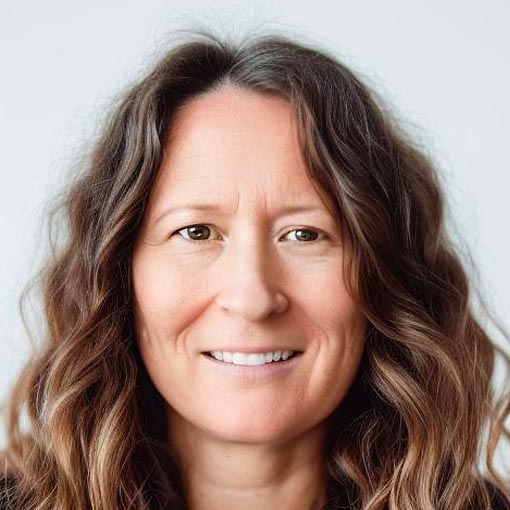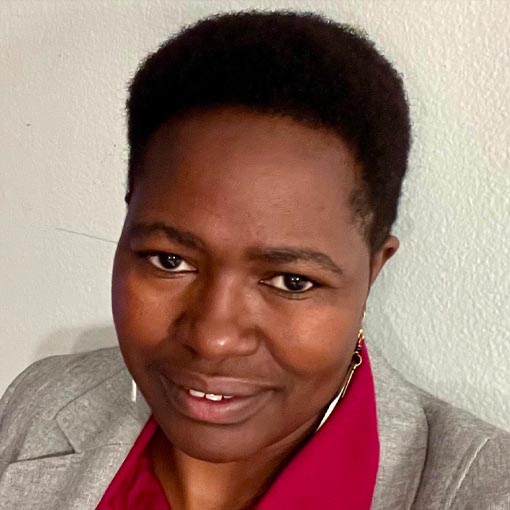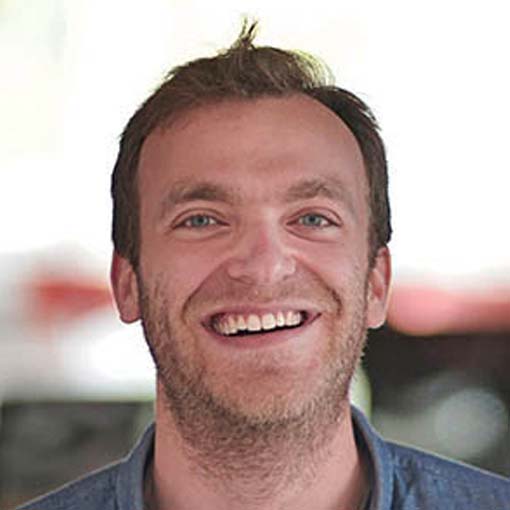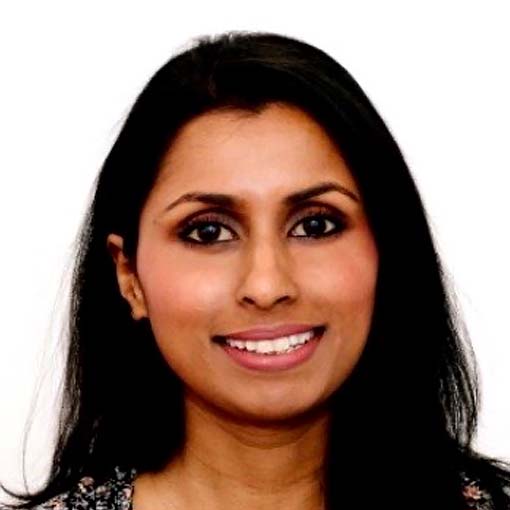Applying novel pairing technology for more diverse antibody discovery
While many successful therapeutics are monoclonal antibodies, the process for discovering these agents remains challenging. Although recent innovations have improved the speed, efficiency, and specificity of fully paired heavy and light chains, a majority of approaches still rely on single-cell sequencing. This can constrain the upper limit on the number of B cells that can be screened in a typical discovery campaign. This limits the diversity of antibody drug candidates, potentially obscuring rare but therapeutically relevant structures.
In this discussion, you will learn about:
- A high throughput antibody discovery methodology that can capture fully paired antibody repertoires at a much broader scale than traditional methods
- A systematic and proven approach to identifying the most potent and developable antibody candidates with high affinity against hard-to-drug targets
- How these methods were employed during the COVID-19 pandemic to rapidly identify highly potent and versatile antibodies from infected individuals






